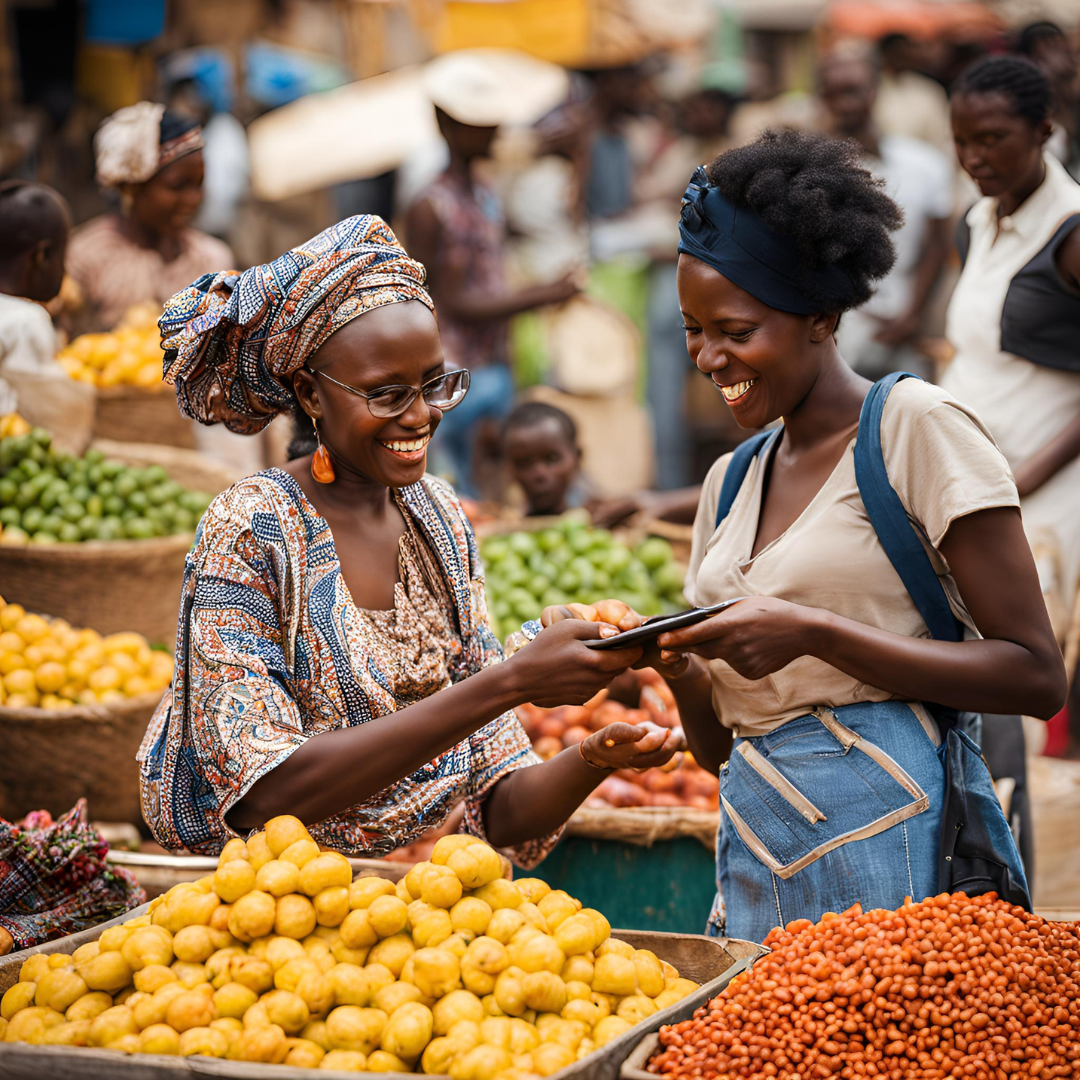As Africa’s consumer market evolves in 2024, investors must navigate its unique dynamics to tap into its immense potential. With a population exceeding 1.3 billion and a rapidly expanding middle class, the continent is poised for substantial growth. This article delves into the current trends and insights that can help investors execute successful deals in Africa’s consumer market.
Demographic Dividend and Urbanization
Africa’s young population remains a significant asset, with over 60% under the age of 25. This demographic dividend translates into a robust consumer base for years to come. Urbanization continues to accelerate, particularly in cities like Lagos, Nairobi, and Johannesburg, driving economic growth and concentrating consumer spending. Investors should focus on urban centers where infrastructure improvements are fostering business environments conducive to growth. Notable urbanization projects, such as Lagos State’s Eko Atlantic City and Nairobi’s Konza Technopolis, highlight the opportunities for real estate and consumer-driven businesses.
The Rise of the Middle Class
Africa’s middle class is expanding, with the African Development Bank projecting it to reach 1.1 billion by 2060. In 2024, the middle class is characterized by increased disposable income, a growing appetite for diverse consumer goods, and a preference for quality over quantity. This demographic is driving demand in sectors such as retail, automotive, healthcare, and education. Investors should look at companies that provide affordable luxury goods and services, catering to the aspirational lifestyle of the middle class. Retail chains like Shoprite and Carrefour are expanding their footprint, reflecting the increasing consumer demand.
Digital Transformation and E-commerce Boom
Africa’s digital revolution continues unabated. With internet penetration surpassing 40% and mobile connectivity reaching over 90%, digital platforms are becoming integral to consumer engagement. E-commerce is experiencing explosive growth, with platforms like Jumia and Takealot leading the way. In 2024, mobile money services are further integrating with e-commerce, enhancing payment solutions and expanding market reach. Investors should focus on tech-driven startups that leverage digital platforms to deliver innovative products and services. Fintech companies like Flutterwave and Paystack are revolutionizing payments, while logistics startups like Lori Systems are addressing delivery challenges.
Localized Consumer Preferences
African consumers prioritize authenticity and cultural relevance. Products that incorporate local flavors, designs, and narratives are gaining traction. For instance, in the beauty industry, brands like SheaMoisture and Mented Cosmetics are successfully catering to local beauty standards. The food and beverage sector is also witnessing a shift towards locally sourced and produced items. Investors should seek out businesses that have a deep understanding of local cultures and can tailor their offerings accordingly. Partnerships with local artisans and producers can provide a competitive edge.
Informal Economy and Financial Inclusion
The informal economy remains a significant part of Africa’s economic landscape, accounting for around 85% of employment. Fintech solutions are playing a crucial role in integrating informal businesses into the formal economy. Mobile money platforms like M-Pesa have revolutionized financial inclusion, allowing informal traders to access banking services. In 2024, new fintech innovations are further bridging the gap, with blockchain technology being used to enhance transparency and security in transactions. Investors should explore opportunities in fintech startups that provide financial services to the underserved informal sector.
Regional Diversity and Market Entry Strategies
Africa’s regional diversity necessitates tailored market entry strategies. North Africa, with its proximity to Europe, offers a different consumer landscape compared to the tech-savvy markets of East Africa or the resource-rich economies of West Africa. In 2024, investors should conduct region-specific market research to identify the most promising sectors and tailor their approach accordingly. For example, in East Africa, the focus could be on technology and innovation, while in West Africa, opportunities in agriculture and energy may be more lucrative.
Regulatory Environment and Compliance
Navigating the regulatory landscape in Africa can be challenging. Each country has distinct regulations that can impact business operations. In 2024, there is a noticeable trend towards regulatory reforms aimed at attracting foreign investment. Countries like Rwanda and Ghana are implementing investor-friendly policies, including tax incentives and streamlined business registration processes. However, challenges remain, and investors must engage with local legal experts to ensure compliance. Proactive engagement with government bodies and industry associations can provide valuable insights and facilitate smoother market entry.
Building Strong Local Partnerships
Local partnerships are essential for success in Africa. Collaborating with local entrepreneurs, distributors, and service providers can enhance market penetration and operational efficiency. In 2024, there is a growing trend of international companies forming joint ventures with local firms to leverage local expertise and networks. For example, Coca-Cola’s partnership with Nigerian bottling companies has been instrumental in its success in West Africa. Investors should prioritize businesses with strong local networks and consider forming strategic alliances to maximize their market impact.
Sustainability and Social Impact
Sustainability and social impact are increasingly important to African consumers. Businesses that demonstrate a commitment to environmental sustainability and social responsibility are likely to gain consumer trust and loyalty. In 2024, impact investing is gaining momentum, with investors seeking opportunities that generate social and environmental benefits alongside financial returns. Renewable energy projects, such as M-KOPA’s solar energy solutions, are attracting significant investment. Investors should look for companies that integrate sustainable practices into their operations and contribute to local communities.
Conclusion
Africa’s consumer market in 2024 offers immense potential for investors willing to navigate its unique dynamics. By focusing on the expanding middle class, leveraging digital technologies, understanding local preferences, navigating the regulatory landscape, building strong local partnerships, and prioritizing sustainability, investors can execute successful deals and contribute to the continent’s economic growth. The key to success lies in recognizing the diversity and dynamism of the African market and aligning investment strategies with the evolving needs and aspirations of its consumers.
Author: Brian Oji


















